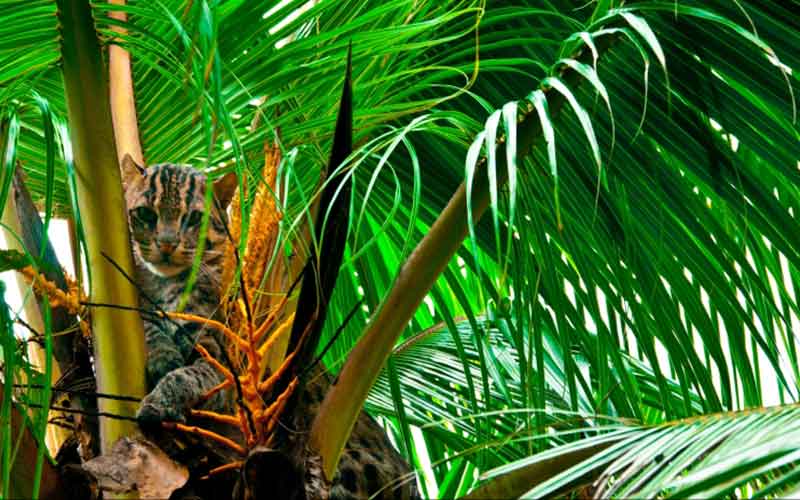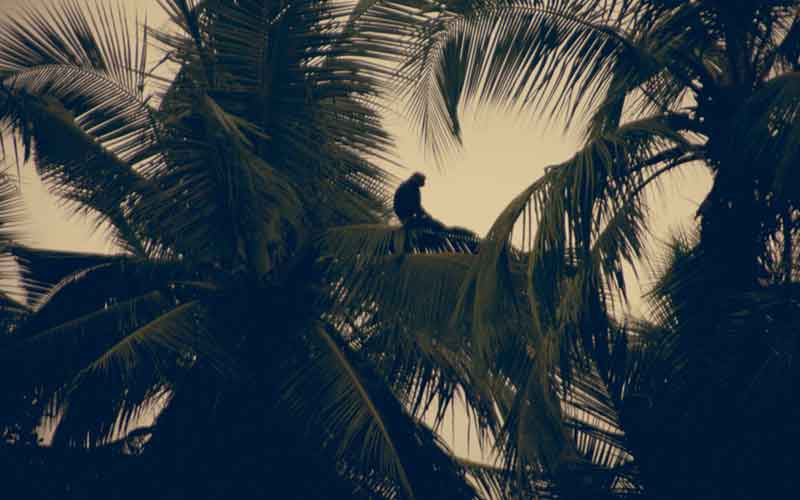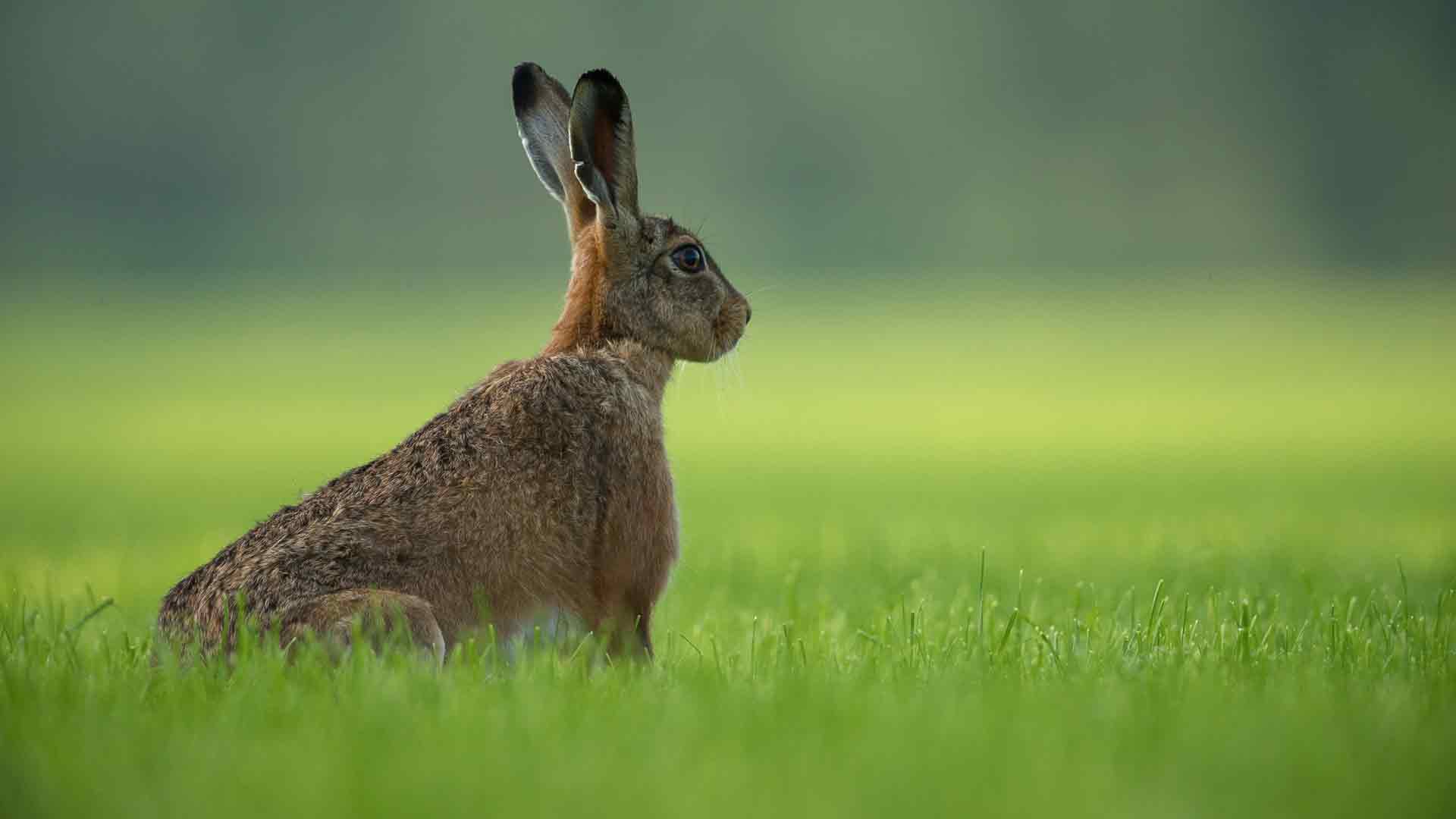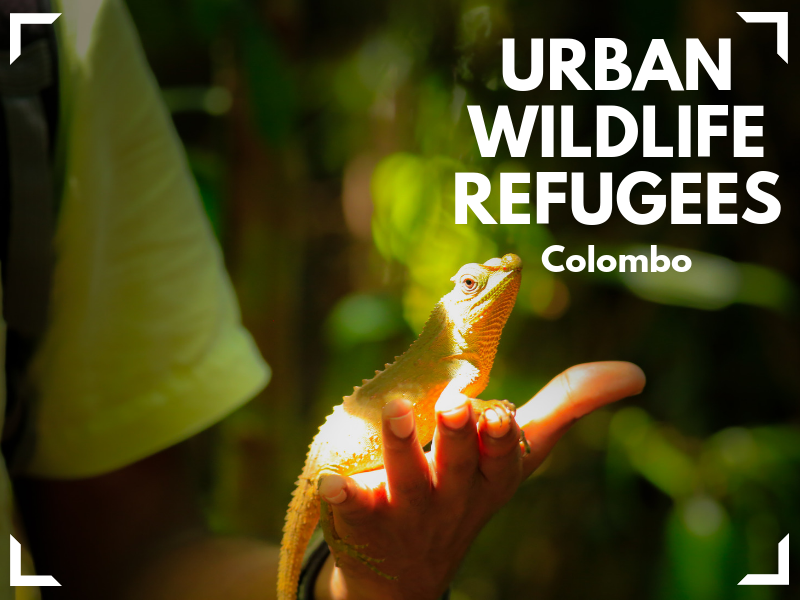

Is Colombo wildlife friendly city? How do we create sustainability for wildlife amidst the hustle and bustle of the city? As the world becomes more urbanized, researchers and city-dwellers alike understand the importance of providing an urban habitat that can support biodiversity, considering three criteria: the percentage of parkland in each city, the actions that are in place to create wildlife habitats and citizen engagement for protecting wildlife. No secrets, We can start from our garden.
It is needless to mention that rocket-propelled urban expansion is invading and occupying territories that were previously inhabited by wildlife. On top of that, since the existing urban cities are the most understudied ecosystems, the adverse effects on wildlife habitats are yet to know. However, one thing is certain. Wildlife is becoming alienated from the urban systems, and hence, animals and other wildlife species have become refugees in urban territories.
The outskirts of Colombo and some patches within the city were once exotic wildlife habitats with unprecedented biodiversity. During the Kingdom of Sri Jayawardhanapura Kotte (1412-1597), reservoirs, tanks, and wetlands, which provided water for paddy cultivation and acted as flood detention areas, held the biodiversity of Colombo intact. Even after the British Colonials gained control over the city, Colombo was planned to build as a garden city with greenbelts, enclosing residential areas and building canal ways for water transportation, which preserved natural marshlands, forests, and wetlands.
it is clear that urban expansion of Colombo is invading and occupying territories that were previously inhabited by wildlife. Colombo Wildlife is becoming alienated from Colombo urban setting, and hence, animals and other wildlife species have become refugees in their own territories.
However, during the last five decades, effluent released into waterways by factories and garbage dumped in marshlands have altered the inter-connectivity of different ecosystems leaving a complete centralized ecological crisis at hand. In addition, building illegal and legal large scale housing schemes, to cater to growing urban population, has disturbed the well-being, the harmony and biological interdependence of different levels of the ecosystems causing displacements in wildlife habitats, reducing water quality, and flood detention capability.
Deteriorating urban ecosystems has caused significant threats to water bird habitats and triggered large-scale fish kills. We cannot see the dragonflies and butterflies that were once so common in our gardens. However, some species have started an uphill struggle to fight the threats and adapt to the ever changing eco structure. One prime example is the displaced monkey population wandering all over the city looking for new habitats. If all said in one phase, “wildlife has become refugees in their own territories”.
However, there is a glimpse of hope. Urban authorities have taken some measures to conserve and preserve wetlands that are an integral part of our urban ecosystem. A few biodiversity parks are being opened and maintained for the sake of preserving ecological balance of Colombo. The measures have to be tightened along with a comprehensive study of all urban ecosystems across the country.
In addition, every citizen has to understand how to tolerate animals not because of sympathy; but being able to let our inner self gazed by nature and animals. There is a name for this, ‘Coexistence’.


About The Author
Nimnaka
Nim is a licensed Gourmet excursion guide, Flavor connoisseur, and countrywide tour guide. With a collective experience of 13 years, Nim is a graduate and field researcher deeply passionate about food and culture. Before becoming a Rustic Flavor connoisseur, Nim worked for prominent travel companies for 10 years, organizing tours across the country and abroad.